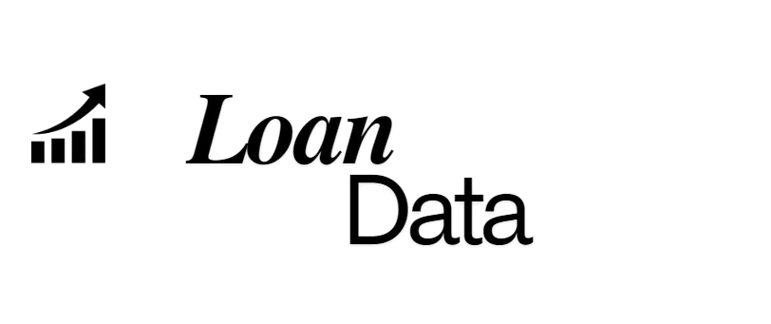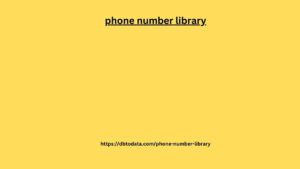For 40 years, The World Academy of Sciences for the advancement of science in developing countries (TWAS) has been a leading force in developing crucial scientific capability in some of the most underdeveloped countries in the world. To launch the 40th Anniversary of the Academy, TWAS president Quarraisha Abdool Karim visited the organization’s headquarters in Trieste, Italy. On 25 May, she met representatives of other Trieste-based scientific organizations and delivered a public lecture on the African legacy of academic excellence, in generating new knowledge for better health.
Established 40 years ago
as the Third World Academy of Sciences, it has envisioned sustainable
development in vulnerable regions of the world through scientific solutions in research,
education, policy, and diplomacy—endeavors that long preceded the UN Sustainable Development
Goal (SDG) framework. Over the past four decades, TWAS and other global organizations such as the
Abdus Salam International Centre for Theoretical Physics, the Organization for Women in Science for the Developing
World, the InterAcademy Partnership, and the International Science
Council have strengthened the science base in developing countries by supporting training and capacity building
through strong South-South and North-South collaborations.
For example, there are currently phone number library more than 700 TWAS fellowship students working to ward
graduate degrees locally in the Global South.
TWAS President Quarraisha Abdool Karim
Abdool Karim is the first woman to serve in the role of TWAS President, and leads a 16-member council comprised of eight men and eight women. She is an eminent South African epidemiologist, a 2015 TWAS Fellow, and the 5 big seo mistakes to avoid in 2024 winner of the Academy’s prestigious TWAS-Lenovo Science Award in 2014. a pioneer of life-saving research that protects women from HIV/AIDS and tuberculosis (TB).
In her public lecture on public health, academic excellence, and Africa’s past and future, she remarked that science, education and innovation have an important role in making the world a better place. Noting that this was her first visit to bulk data Trieste, she praised the city’s science ecosystem and the prevalence of local science institutions’ international collaborations.
“I think this anniversary
is a major milestone for TWAS,” Abdool Karim said. “We’ve moved beyond rhetoric
but can actually count our results—and not just count the number of PhD graduates, and not just count
the collaborations that have led to research—we have seen the impact of these investments
at a country level. And, we have seen the potential of this critical mass of scientists to achieve transformative societal impact.”

